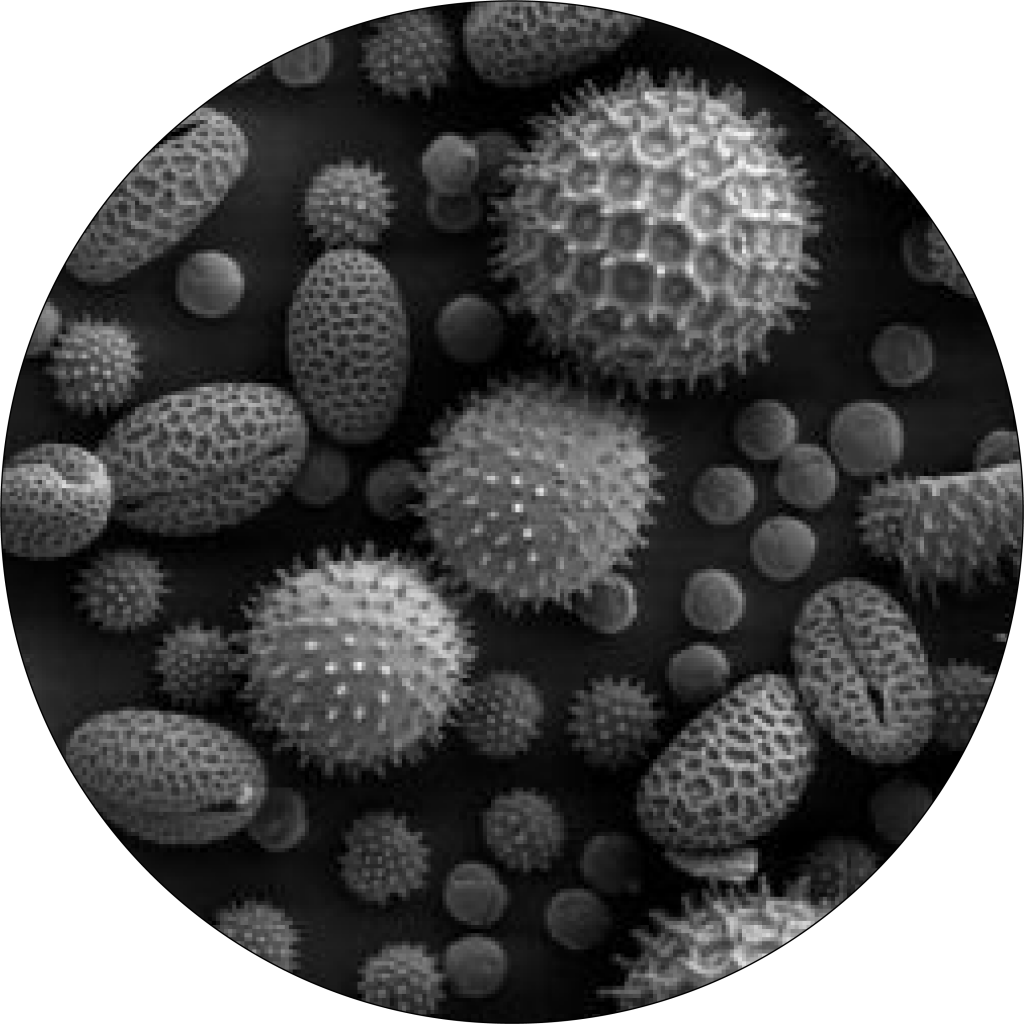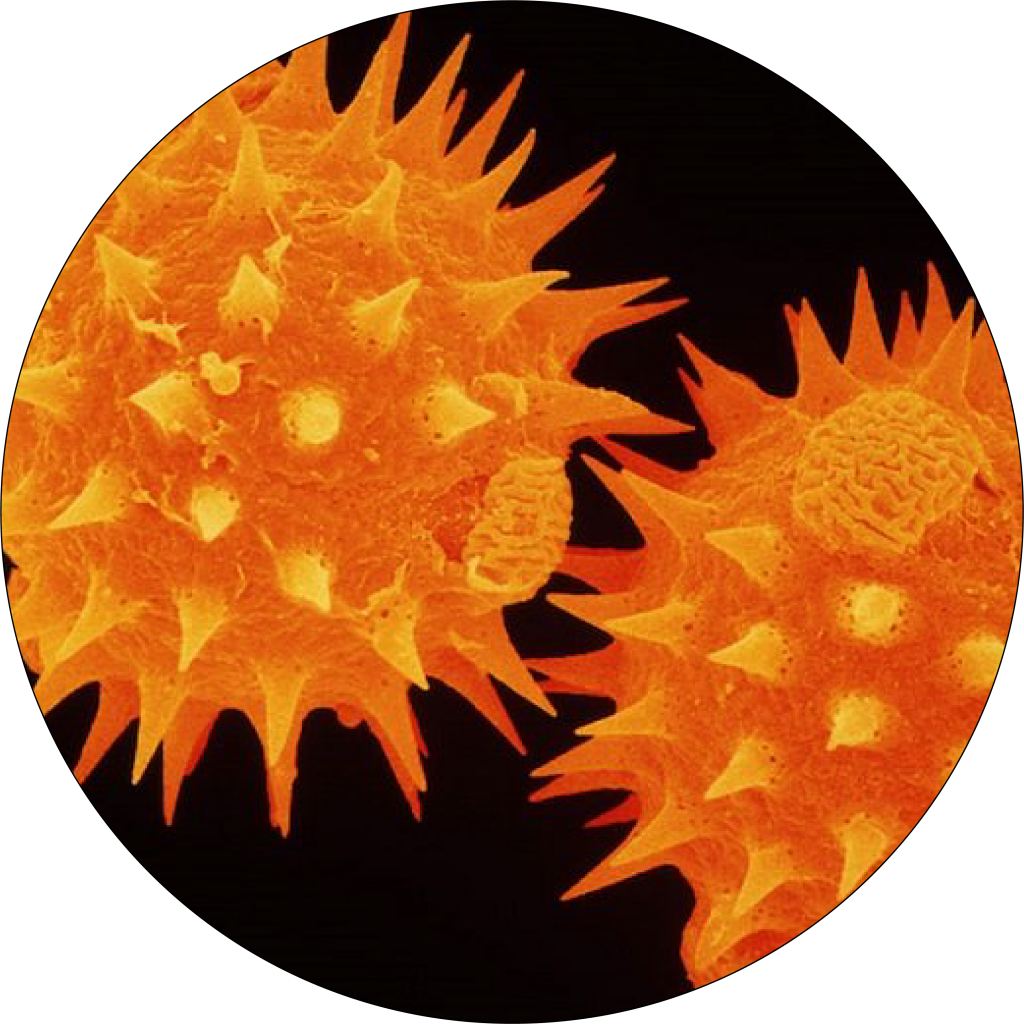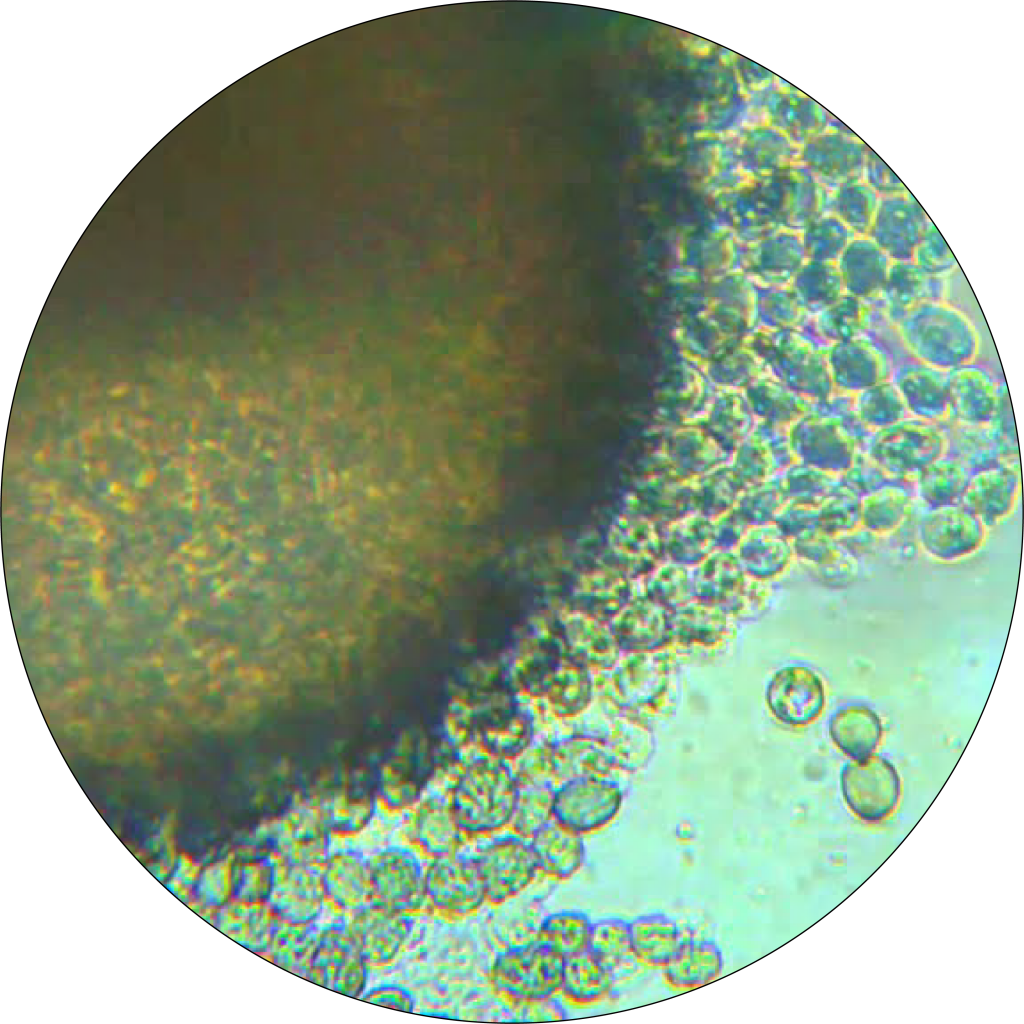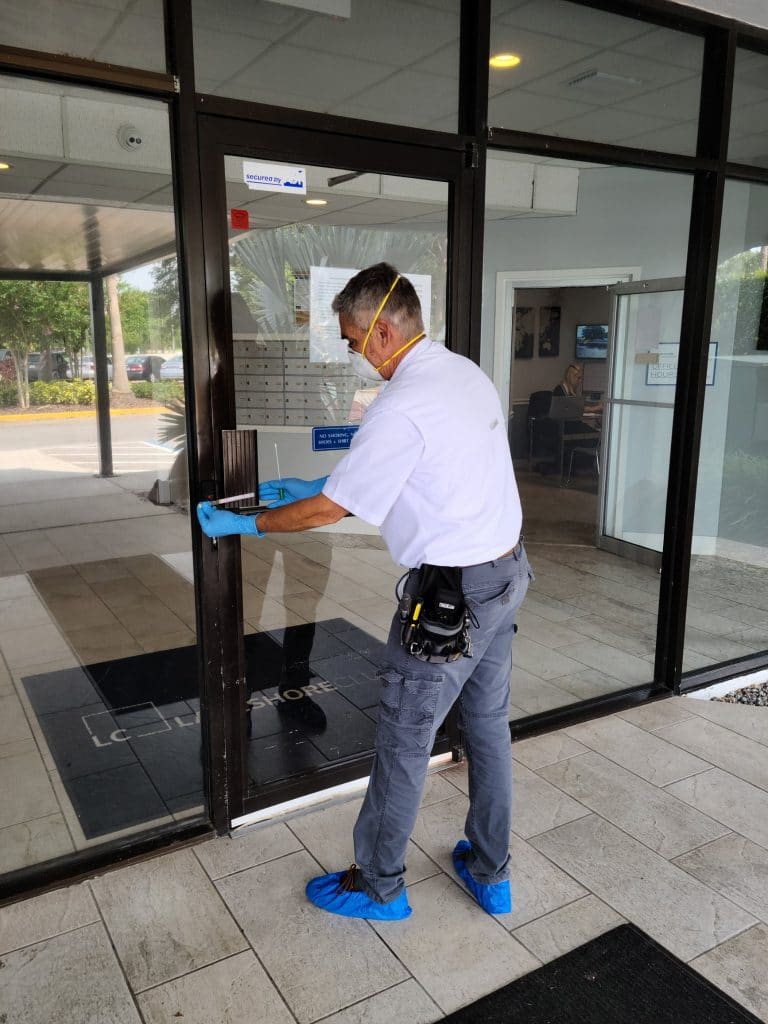Is the air you're breathing making you sick?
Many homes and businesses contain high levels of invisible indoor pollutants. This is known as poor indoor air quality, or poor IAQ. When you have poor IAQ in your home, you and your family breathe contaminated air.
REQUEST A CONSULTATION
Do you know your IAQ?
According to the EPA (United States Environmental Protection Agency), Indoor Air Quality (IAQ) refers to the air quality within and around buildings and structures, especially as it relates to the health and comfort of building occupants.
Your home or business may be suffering from poor IAQ which increasing the health risks of your family members, customers, employees and yourself. Studies have shown 90% of Florida Residents spend their time indoor and exposure to poor IAQ (dust & dander, pollen, mold and mildew, and bacteria & viruses (The Flu and COVID-19) can potentially harm you.
Do You Have Any of these Symptoms of Poor Indoor Air Quality?
- Are you sneezing more frequently inside your home or office?
- Are your children coming down with more colds?
- Do you ever wake up congested or find it difficult to breathe?
- Are you plagued by frequent headaches?
- Have you seen a decrease in productivity?
- Are you constantly tired?
- Increased missed time from work?
Some of the most common indoor pollutants in your home or office include




IAQ Myths (Indoor Air Quality)
Poor Air Quality is a Minor Health Concern
Minimizing the effects of indoor air quality, or failing to address it, can result in serious respiratory and health issues, such as headaches, irritation of nose eyes and throat, respiratory illnesses and even asthma. Many recent studies have even begun to link poor air quality with carcinogenic effects. Recently, the World Health Organization has concluded that various forms of air pollution can cause lung cancer and are linked to an increased risk for bladder cancer. Examples of some pollutants include diesel engine exhaust from poorly circulated air, chemical solvents, and dust.
Indoor Air is Safer than Outdoor Air
Dust mites, appliances, cleaning supplies, electronics, and even the gradual deterioration of varnishes/paint on brand new office furniture contributes to poor indoor air quality. Traces of street-level VOCs (volatile organic compound) can be found trapped in poorly circulated indoor environments. As most building structures are enclosed, fresh air intake is generally prevented.
HVAC Systems Ensure Optimal Air Quality
A recent study suggests that the average person working in a city environment spends approximately 80-90% of their time indoors. With this in mind, HVAC systems are crucial with regard to maintaining a safe indoor environment. However, due to the filters they use, HVAC systems are only effective in handling the particulate matter and not harmful VOCs. If your facility’s HVAC system isn’t regularly maintained, pollutants from outside will get trapped within the building, and even contribute to increased moisture and the formation of mold.
Removing Bad Smells Helps Indoor Air Quality
While removing an object with a strange smell will most likely improve indoor air smell and overall happiness, many perpetrators of adverse health conditions are odorless. For instance, excess moisture and VOCs from outdoor traffic are both major contributors to poor air quality.
Schedule Your Inspection


